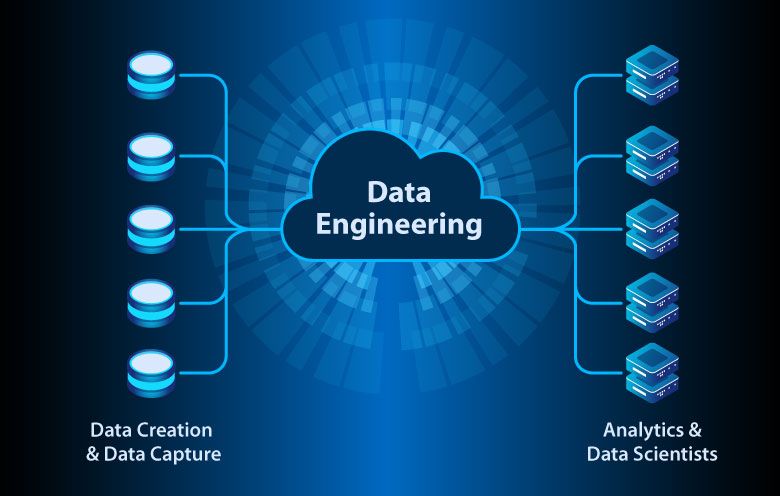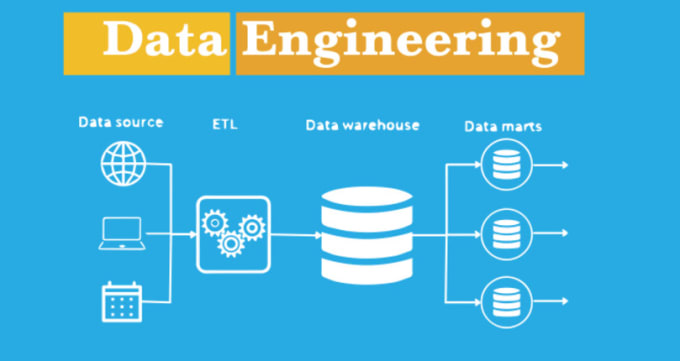Cloud computing touches many aspects of modern life, and cloud professionals are in demand. Cloud
computing
provides an environment where an organization doesn't need to run its own hardware. Instead, it benefits
from elastic, on-demand compute and storage capacity billed on a consumption basis. It lets users and
businesses access
digital information over the internet from anywhere, rather than needing physical servers in a
back-office
network
closet. Cloud computing offers businesses reduced IT overhead costs, which is especially important for
small
businesses
and startups with insufficient capital to invest in an extensive on-premises IT department.
Many aspects of modern life involve interacting with cloud technology, whether as a consumer or an IT
professional.
As with any IT specialty, you also need to be curious, analytical and willing to stay on top of rapidly
changing user
needs that drive technological innovation.
Although companies' cloud computing role descriptions and their requirements might vary, the information
here applies
broadly throughout the U.S. We have decided to group the different cloud computing roles under following
section
Security Operations Networking
DevOps
Data Analytics Development Architecting
Our main object is to put at your disposals real world Hand On Projects. Click on the
IMAGE to access Tutorials and on
the
LINKs to access the projects. Note: Most of our projects and tutorials are Aws
base
Welcome
on board and happy learning
Security
If there is one thing we all need to be more concern about regarding Our IT
Infrastructure and
applications running in various Cloud platforms,
it should be Security. Three major roles in IT Security are
: Cloud security engineer/Analyst (CSE/A), Cyber Security Specialist(CSS) and
security Operations Engineer(SecOps)
As a Cloud security engineer/Analyst (CSE/A)Your job will be centered around Designing
computer
security architecture,
developing detailed cyber security designs. You will be responsible for designing and implementing secure,
scalable, and resilient cloud infrastructures for the
organization. You will work closely with engineering, operations, and DevOps teams to ensure the highest level
of
security throughout the organization environments. Your expertise will drive best practices for cloud security, risk
management,
incident response, and security compliance in a complex and dynamic environment.
You will develop and
build cloud security architectures and solutions, making sure the organization can operate in a safe, secure environment. You will also monitor, research, and analyze
security
risks to mitigate
threats and security attacks that may occur to or within the cloud.
Security Operation Engineer (SecOps): As a Security
Operations Engineer, you will focus on the design, implementation, and management of security systems and
infrastructure. You will work to ensure that security technologies are effectively deployed and maintained,
responding to
incidents and optimizing security operations.
Cyber Security Specialist (CSS):
As a Cyber Security Specialist you will focus on protecting an organization’s information systems from cyber
threats. You will analyze
security measures, monitor networks for suspicious activity, and respond to incidents. Your primary goal will
be to ensure
the integrity, confidentiality, and availability of data.
Operations
Three major Job roles under Operation are:
System Operation /administrator (SA), Cloud engineer(CE) and
IT Support Engineer(CSE)
SysOps administrator (SA):You will manage a company's
cloud presence and infrastructure. You will develop, enforce and update policies for how
employees and users access cloud services; establish security protocols and policies; monitor and
ensure uptime; and
assess the need for technology updates..
You will also manage server backups and recovery and work to monitor and plan for system capacity.
you must also
adhere to system security standards and regularly perform system upgrades. This role is important
for maintaining smooth
cloud operations.
Cloud engineer(CE) :
Cloud engineers build and architect systems on the cloud service provider. They deliver systems
design, product
assistance, and education on best practices in cloud computing. A cloud engineer might help an
organization migrate to
the cloud or configure networking services.
IT Support Engineer (ITSE): Where there's technology,
problems inevitably arise. Cloud support engineers are troubleshooting experts who assist
customers, typically B2B clients and not the ultimate end user. In addition to providing on-demand
assistance, cloud
support engineers are often responsible for writing user and training manuals, tutorials, FAQs and
help
guides. They
should have excellent communication skills and prior experience in tech support and debugging.
SysOps/Admin Tutorials

Price : $0
System Admin Real World Projects with detail explanation
Price :$30
Cloud Eng Tutorials

Price
: $0
Cloud ENG Real World Projects with detail explanation
Price :$30
Linux Tutorials
 Price :
Price : $0
Linux Projects design for easy comprehension
Price
:$30
IT Support Eng Projects

IT Eng Sup Projects design for easy comprehension
Price
:$30
Networking
Your will operate in most organization as a
Network Engineer (NE)
As a Network Engineer (NE): you will Design and
implement
computer
and information networks, such
as local area networks (LAN),
wide area networks (WAN),
intranets, extranets, etc. You will also design and maintain your organization's cloud
services
across a network in
a certain division or even for an entire
company. You duties might overlap with cloud architects and engineers in that
you will sometimes be
called upon to identify new cloud providers, assess business needs and make recommendations
for
cloud-based platforms.
Networking Tutorials
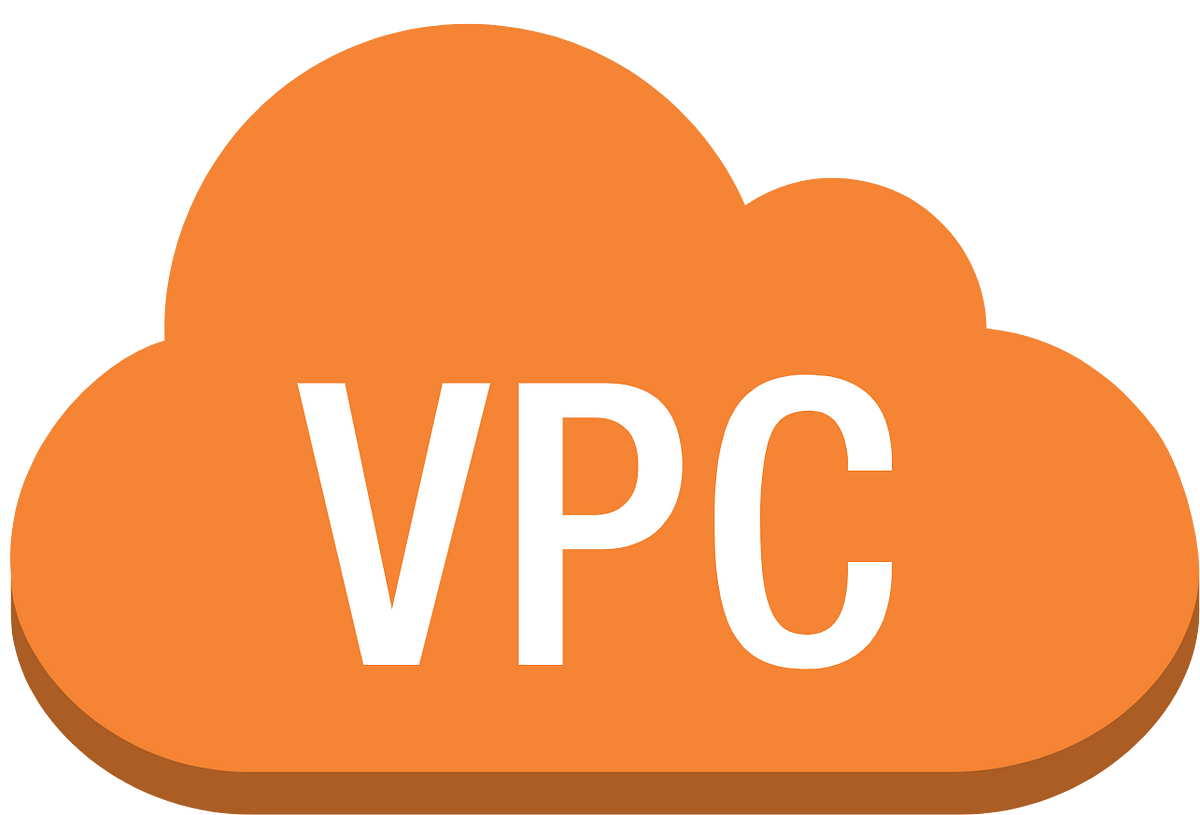
Price : $0
Networking Projects design for easy comprehension
Price
:$30
DevOps
Increasingly, organizations are using the cloud not just to deploy applications
but
to build them. A cloud DevOps
engineer specializes in developing and operating cloud-based applications and services. This role
helps
to bridge the
gap between development and operations teams, focusing on automating and streamlining the software
development lifecycle
in cloud environments. Three major Job roles under DevOps are:
Test Engineer (TE), Cloud DevOps Engineer(CDE) and
DevSecOps Engineer(DE)
Your job as a Test Engineer (TE)will center around
Embed testing and quality best
practices for software development
from design to release, throughout
the product life cycle.
As a Cloud DevOps Engineer (CDE) you will be more involve with
Design, deployment, and
operations of large-scale
global hybrid cloud computing
environment, advocating for
end-to-end automated CI/CD
DevOps pipelines
As a Cloud DevSecOps Engineer (CDE), you play the role of
a
DevOps engineer
plus Security being one of your top priority. You will
Accelerate enterprise cloud
adoption while enabling rapid
and stable delivery of capabilities
using CI/CD principles,
methodologies, and technologies
Test Eng Tutorials
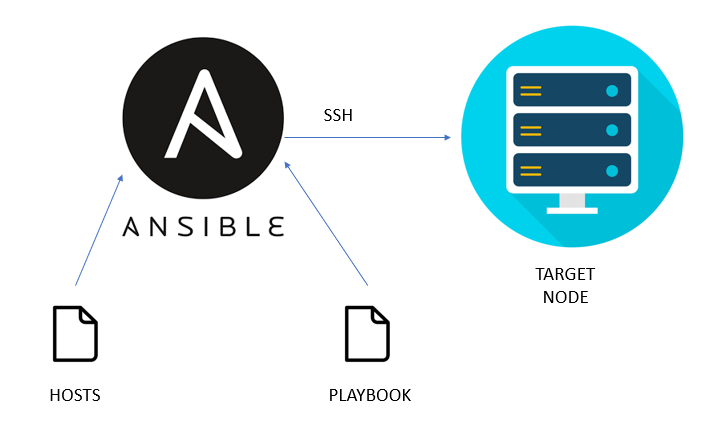
Price : $0
Test Engineer Projects design for easy comprehension
Price
:$30
Cloud DevOps Tutorials

Price : $0
DevOps Projects design for easy comprehension
Price
:$50
Cloud DevSecOps Tutorials

Price : $0
DevSecOPs Projects design for easy comprehension
Price
:$30
Data Engineering
Job role Data engineer Or Data Analyst
As a Data engineer Or
Data Analyst you
will Automate
collection and
processing of structured/semi-structured data and monitor data
pipeline performance.
Software Development
Job role; Cloud software engineer
As a Cloud software engineer, you will work with
programmers and
related computer scientists to develop software that operates in the cloud, often as SaaS or
IaaS systems. You will also be responsible for upgrading, repairing and
maintaining the softwares they develop and the databases it powers.
Software Eng Tutorials
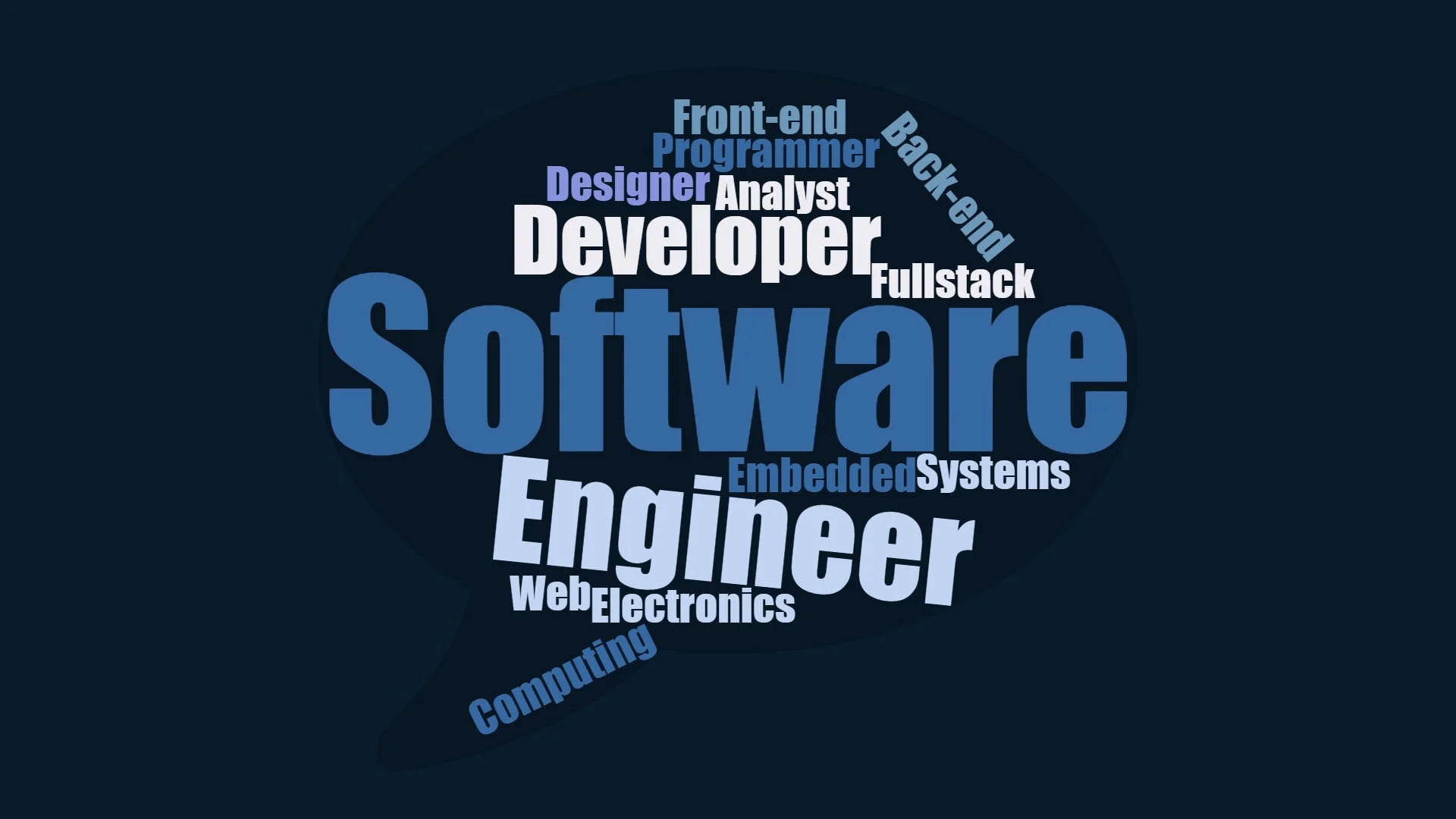
Price: $0
software Eng Hands-on Projects design for easy
comprehension
Price
:$20
Python Programming

Price: $0
Python Hands-on Projects design for easy
comprehension
Price
:$20
Architecture
Think of cloud architecture as the framework within which all other cloud technologies operate. It's the frame of the house, and all the cloud-specific subspecialties are like flooring, plumbing and drywall. As a Cloud architect, you will design and implement a company's cloud computing strategies. You will also ensure that everything stays on track and on budget. By mindful that your role is technical and often focuses on implementing the frameworks for the company's network or security system.
Solutions architect
Design, develop, and manage cloud infrastructure and assets, work with DevOps to migrate applications to the cloud.
Infrastructure as Code
Infrastructure as code (IaC) uses DevOps methodology and versioning with a descriptive model to define and deploy infrastructure, such as networks, virtual machines, load balancers, and connection topologies
Solutions architect Tutorials
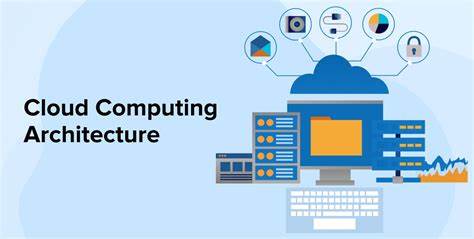
Price: $0
Cloud architect Projects design for easy comprehension
Price
:$20
Infrastructure As Code

Price: $0
infrastructure as Code Projects design for easy
comprehension
Price
:$20




